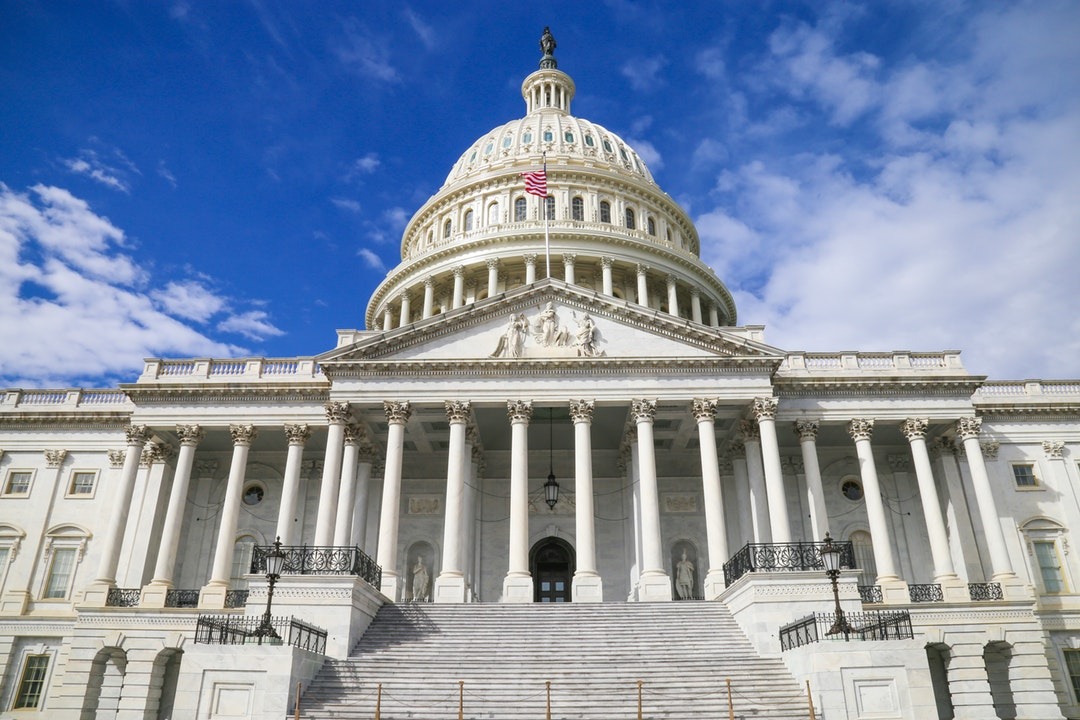US House lays out three potential areas of change to rein in Big Tech
The U.S. House antitrust subcommittee met again on Thursday to listen to expert witnesses and consider legislative proposals to "address the rise and abuse of market power online."
Thursday's hearing is slated to be the first of several intended to build on a bipartisan investigation carried out by the U.S. House Judiciary subcommittee on antitrust. Unlike the first phase, lawmakers are focused on new regulations and rules in the new series of hearings.
"This problem is a cancer that is metastasizing across our economy and our country. Mark my words. Change is coming. Laws are coming," said Rep. David Cicilline, the subcommittee's chairman.
On Thursday, no specific regulation changes or proposals were made, but the subcommittee laid out three general areas in which Congress could act. Those three areas include the following:
- Data portability: The ability for users to easily take their data to other platforms
- Nondiscrimination:Barring companies from preferencing their own products and systems over others.
- Structural remedies:Breaking up big tech companies based on lines of business or platforms.
The first two areas of change don't represent a major threat to Big Tech. But at least one witness, Morgan Harper of the American Economic Liberties Project, said that structural separation is the "only way" to properly resolve the antitrust issues in the technology industry, MarketWatch reported.
There are still two more hearings set to be held by the antitrust subcommittee. After that, they will begin filing legislation. Though they could start introducing bills in the spring, the new rules likely won't come to a vote for some time.
Additionally, there's also the matter of the Senate. Earlier in February, Sen. Amy Klobuchar unveiled an antitrust reform bill that would empower market enforcers, though it doesn't go as far as anything the House is mulling.
The House's monthslong investigation into Big Tech culminated in the CEOs of Apple, Facebook, Amazon, and Google being grilled at a hearing in July 2020. Though Apple CEO Tim Cook didn't face as much scrutiny as Amazon's Jeff Bezos or Facebook's Mark Zuckerberg, he was still questioned about App Store policies and fees.
In June 2020, Rep. Cicilline called Apple's 30% cut of app and in-app purchases "highway robbery." Later that year, Apple introduced a new developer program cutting those fees to 15% for businesses making less than $1 million a year on the App Store.
Apple has also faced criticism and pushback from developers, most notably "Fortnite" creator Epic Games. Epic has been waging its own campaign against Apple, including lobbying for legislation in individual states that would force Apple to change some of its developer policies.
The U.S. Justice Department is also in the midst of its own investigation into the Apple App Store and specific features like "Sign in With Apple."
 Mike Peterson
Mike Peterson











 Andrew Orr
Andrew Orr
 Sponsored Content
Sponsored Content
 Malcolm Owen
Malcolm Owen

 William Gallagher
William Gallagher

 Mike Wuerthele
Mike Wuerthele
 Christine McKee
Christine McKee







